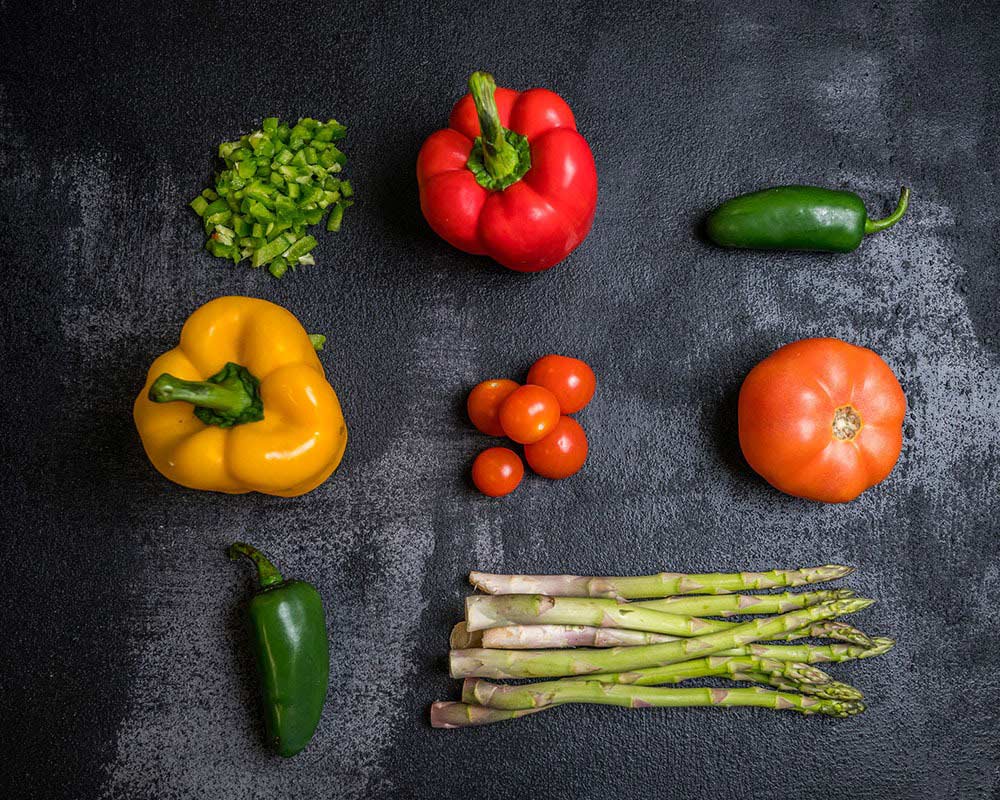Strolling down the grocery store aisles, you are often confronted with the question of whether to purchase conventionally farmed products or opt for the stickered organic counterpart. In most cases, consumers reach for the organic item, feeling confident they have made the healthier, more responsible choice for their body. They would be doing themselves a disservice otherwise. Little do they know, they, like millions of others, have fallen for a marketing ploy with unkept promises and little more to offer than false peace of mind and weak bragging rights.
Organic products are marked with a sticker, confirming they adhere to the strict guidelines put in place by organizations such as the USDA. They certify foods that are grown, raised, and processed according to their rules, which regulate the organic industry. Revolving around limiting things like pesticides, fertilizers, genetically modified organisms, antibiotics or hormones, the claim is that these products one-up their conventionally farmed competitors. But that’s all it is: a claim.
Health nuts everywhere will preach the importance of organic products. The supposed benefits include reduced exposure to pesticides, antibiotics, and hormones, higher nutrient value, and environmentally friendly farming. For a dollar (or double) more, you can treat your body better.
The truth is, organic products don’t live up to the expectations or hype that typically surround them. It is a common belief that they are the superior option, but this is a misconception that plagues the food industry.
An article published by Stanford Medicine discusses the fact that there is little evidence supporting the claim that one’s health benefits from eating organic foods. A Stanford group conducted a meta-analysis, looking at 240 studies on organic versus conventional diets, and comparing nutrient levels. They reported that the common belief that organic food is healthier was not supported by any of their research. The results from the study showed a small insignificant difference in health benefits and no differences in vitamin content. They found little evidence that conventional foods posed greater health risks and also found that it does not eliminate pesticide exposure like the claims suggest. These facts do not justify the extreme hype and especially the steep price difference.
Harvard Health published an article discussing similar conclusions. Organic products might not actually be better, and they report that there is a lack of sufficient evidence that the health benefits from organic products trump that of its conventional counterpart. If you are interested in benefiting your health, they found that there aren’t any nutritional reasons to choose organic foods over traditionally farmed food.
When broaching the topic of safety and decreased risk of health complications, USDA data confirms that both organic and otherwise are safe for consumption. Despite popular belief, pesticides are still being used in organic farming, they are just “natural” or approved synthetic pesticides. These alternative pesticides have not been proven to be any safer than those used in conventional farming, and farmers often have to use a higher volume of the “natural” pesticides.
On the contrary, the largest benefit of eating organic products has to be that it is, in fact, more ethical. The regulations of organic foods, as established by the USDA, promote the humane treatment of the animals, or at least as humane as possible. Notably, however, when it comes to produce, researchers found that organic pesticides can actually be worse for the environment than conventional, or synthetic pesticides used in traditional farming.
The takeaway from all of this, evidence suggests that its all the same with the only difference being a small sticker and higher price tag. If health is your goal, focus more on eating more vegetables and not as much on how they are farmed. Don’t fall for the proclamation that organic means healthier, when in reality, the nutrient values are virtually the same. If you want to be healthier, see results, and improve your diet, focus on eating clean as opposed to eating organic.
https://www.health.harvard.edu/staying-healthy/should-you-go-organic
https://www.sciencedaily.com/releases/2010/06/100622175510.htm
https://www.usda.gov/media/blog/2012/03/22/organic-101-what-usda-organic-label-means





